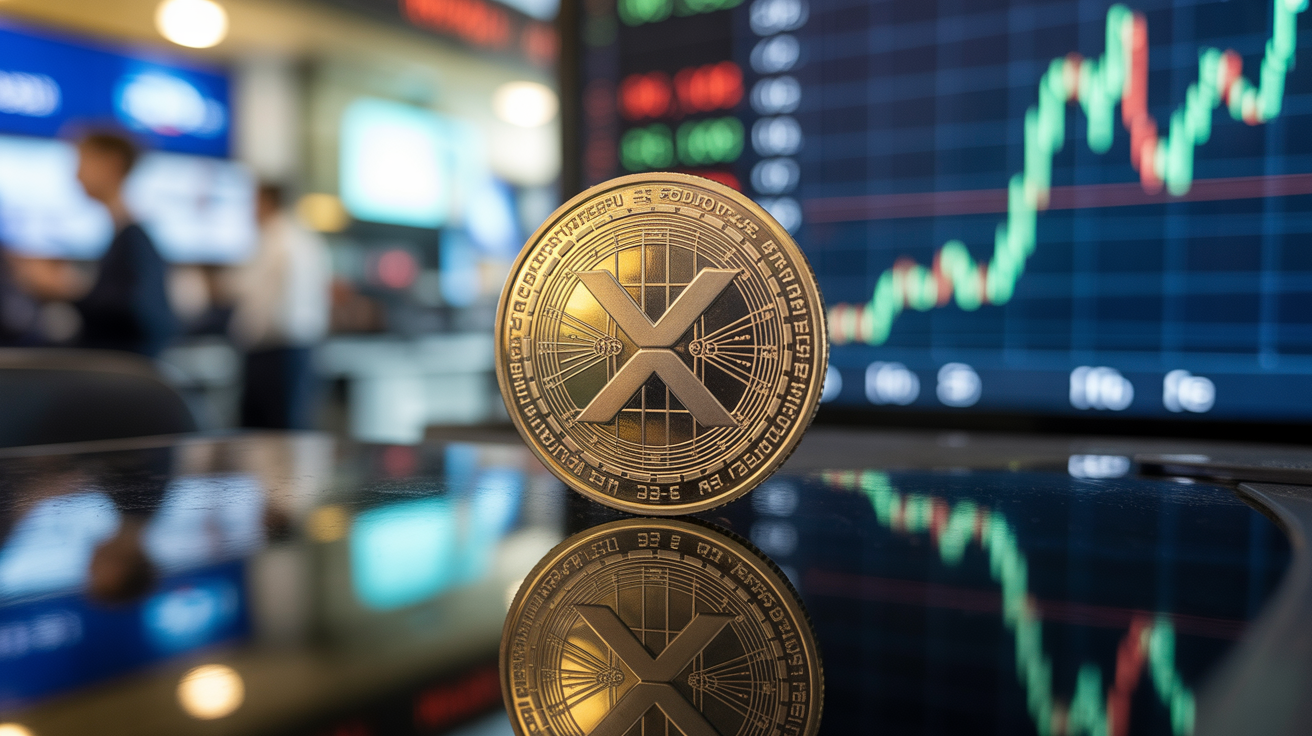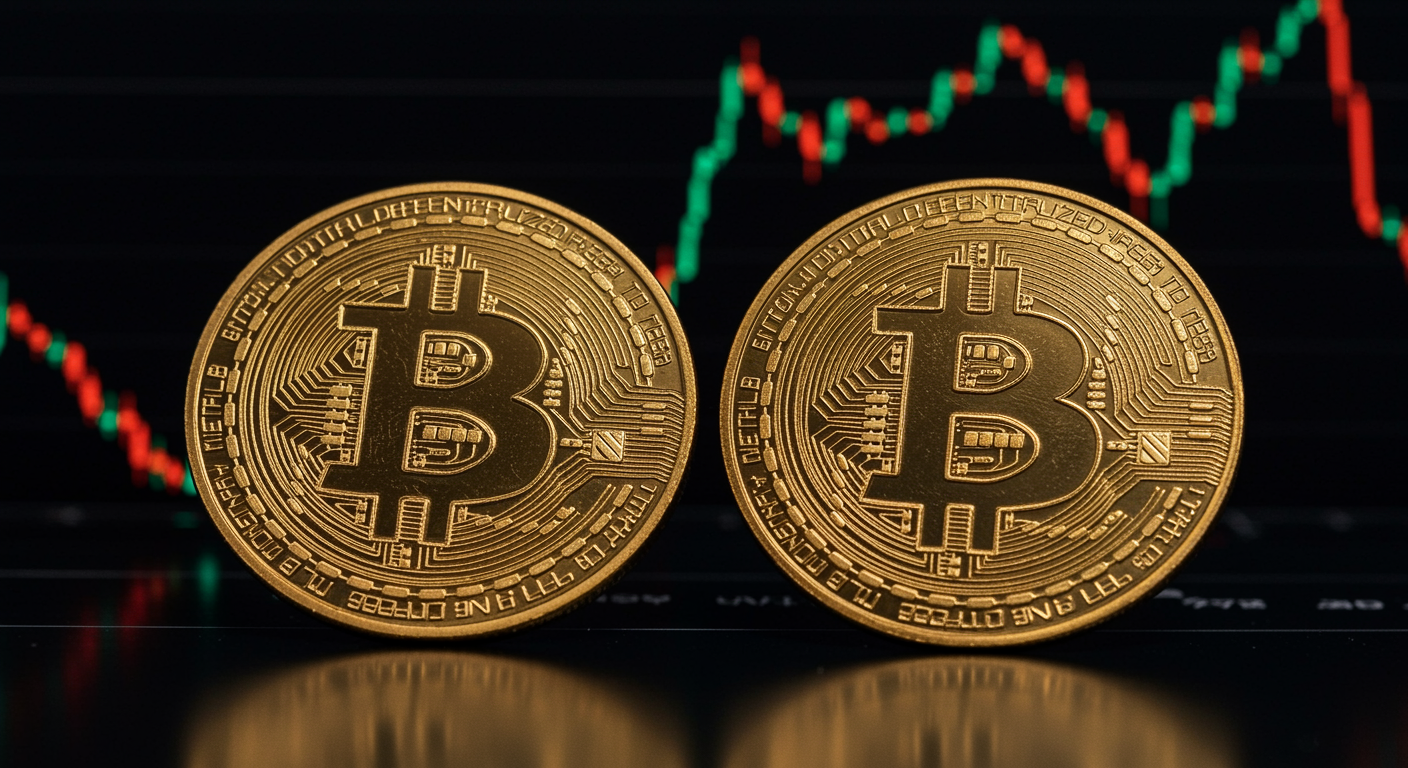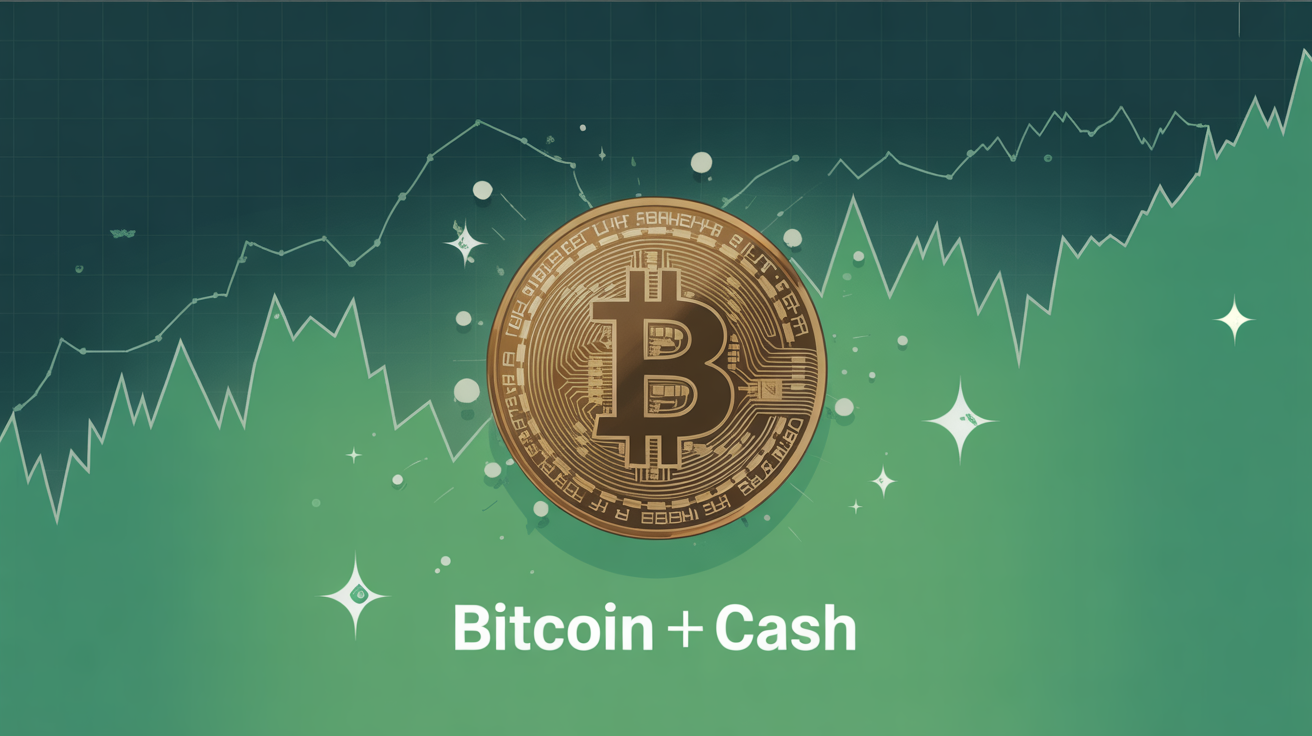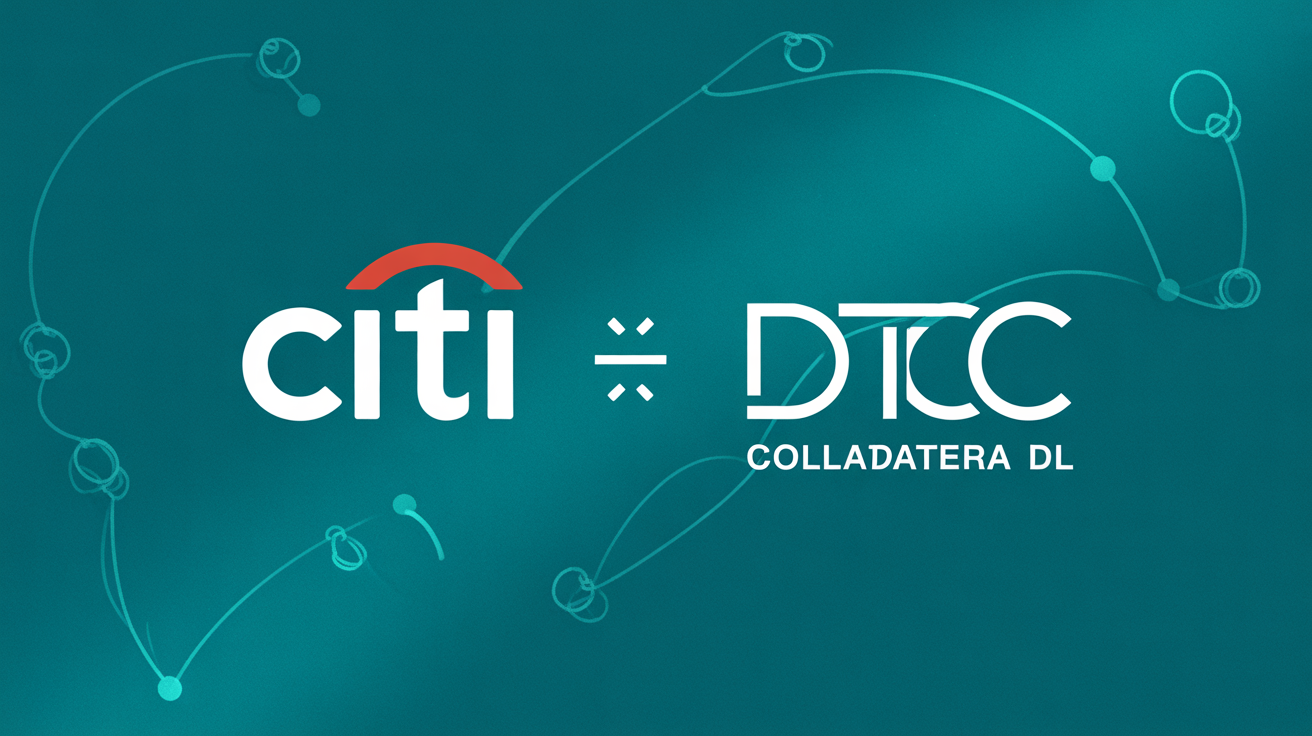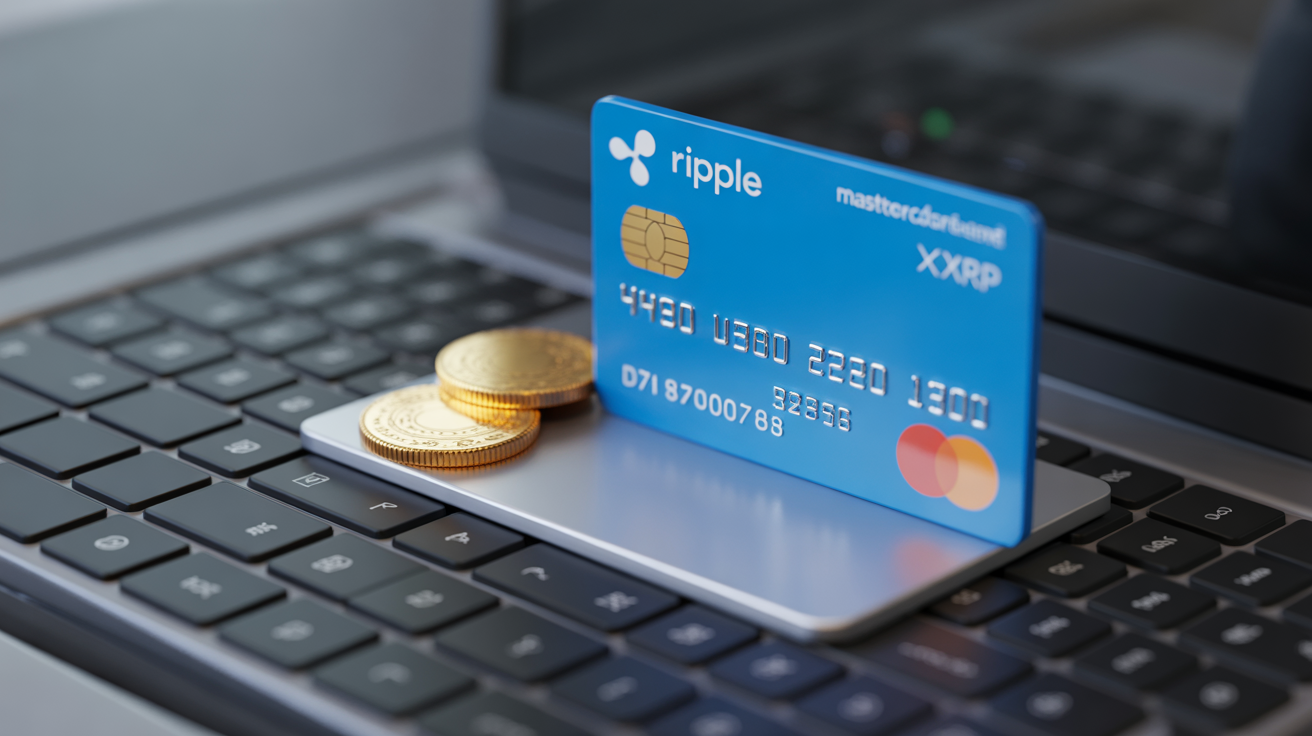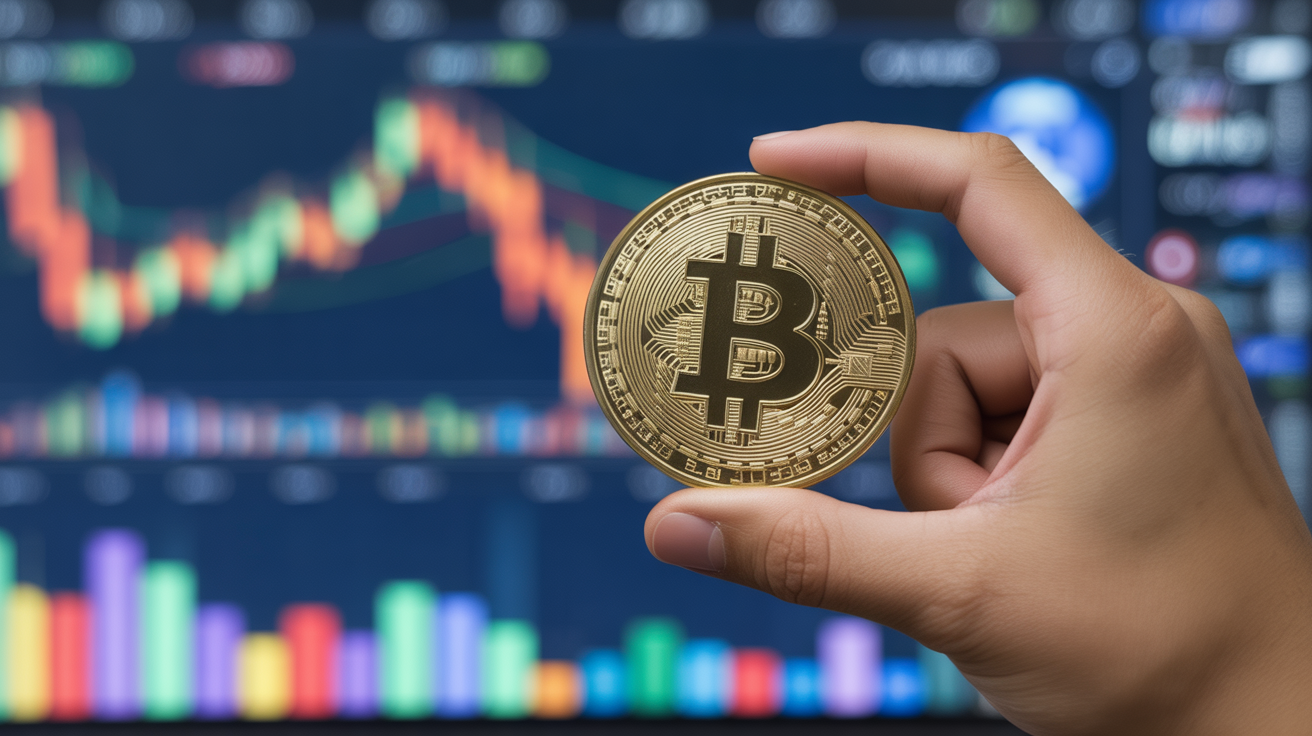Balaji Srinivasan Criticizes Memecoins, Calls Them “Gambling” Instead of Wealth Creation
As the official memecoin of a potential second Donald Trump presidency nears a market cap of $10 billion and Melania Trump launches her own version, Balaji Srinivasan, former CTO of Coinbase and general partner at Andreessen Horowitz, took to X to criticize the entire category of memecoins, calling them a form of gambling rather than wealth creation.
Srinivasan argued in a thread that memecoins don’t generate actual wealth. “There is no wealth creation. Every buy order is simply matched by a sell order,” he said. “After an initial spike, the price eventually crashes, and the last buyers lose everything.” He referred to memecoins as a zero-sum game, or even a negative-sum one, after accounting for exchange fees, comparing them to a lottery.
He recommended that memecoins should be treated the same way as gambling in Las Vegas—an activity for entertainment rather than a way to build long-term wealth. “Most should buy assets that retain their value over the long run,” he added. “It is sometimes possible to add use cases to a memecoin, or to keep it in the headlines to keep its value aloft indefinitely. And we’ve seen examples of that as well.”
In response to queries about whether Bitcoin could be considered a memecoin, Srinivasan argued that it is not. He emphasized Bitcoin’s strong use cases, staying power, and its established value over the past decade. “Bitcoin is the base layer asset of a blockchain with ~800 TH/s in hashrate across hundreds of datacenters worldwide,” he explained. “It grew gradually over time, rather than all at once, and the mining issuance schedule limits how much can be sold by any one party.”
Meanwhile, the surge in interest for Trump’s official memecoin has led to a pullback in the broader memecoin market. According to CoinGecko, the memecoin category has shrunk by 8% in the last 24 hours, with major tokens like DOGE, SHIB, and BONK all experiencing over a 10% drop.




